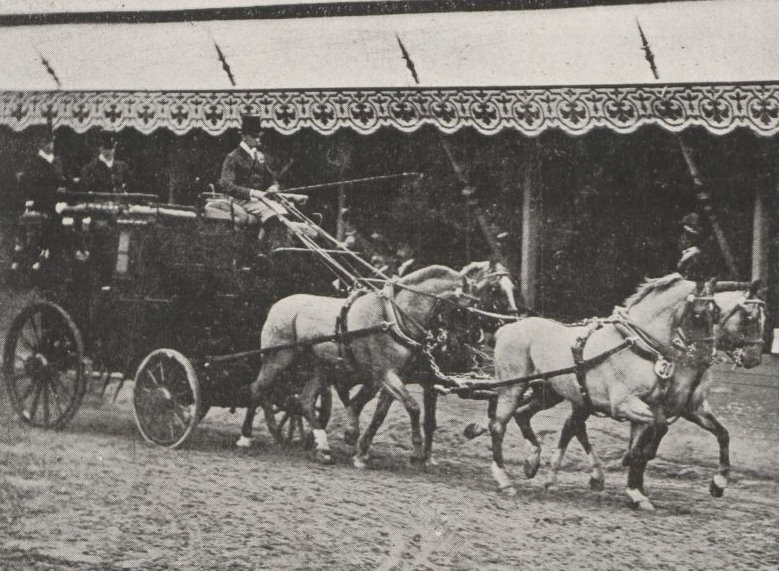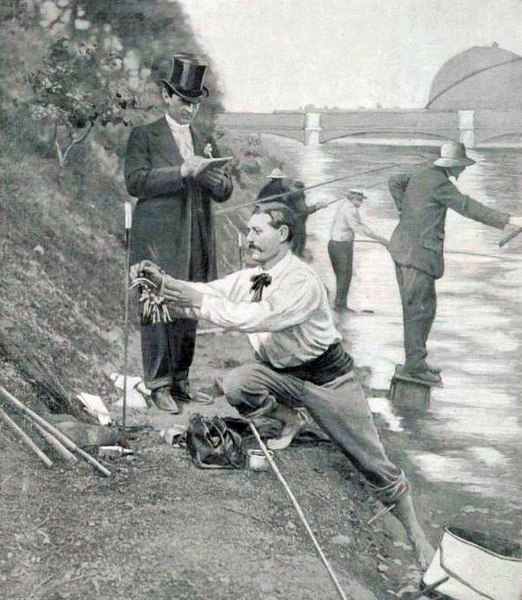It would not be the Oldest Olympians if we did not make some connection between the recently-deceased Prince Philip, Duke of Edinburgh, nearly 100 years old, and the Games. The short answer would be that he officially opened the 1956 Melbourne Olympics. A slightly more involved answer would be to say that he was the father of HRH Princess Anne, who competed in equestrian eventing at the 1976 Montreal Games, and the grandfather of Zara Phillips, who did the same in 2012. We, however, have a more tenuous connection.

Philip is often cited as being one of the modern developers of the sport of carriage driving, which is exactly what it sounds like – a competitive horse test in which the animals pulled carriages and a rider behind them. This event’s history at the Olympics, however, is far older than even the Duke of Edinburgh, having been held at the 1900 Paris Olympics. Known as the “mail coach” or “four in hand” competition, there were at least 28 entrants from six countries, although only the top four finishers are known, and individuals could have more than one entry in the competition (more precisely – the owners of the horses could have different riders). The winner, Belgian Georges Nagelmackers, for example, had two entries, and was a wealthy individual who was involved in the transportation industry.

(Depiction of the fishing tournament at the 1900 Paris Olympics)
Officially, the 1900 Paris Games contained several interesting events, including basque pelota, croquet, and underwater swimming. Unofficially, non-medal events were held in automobile racing, ballooning, baseball, boules, firefighting, and fishing, many of which have interesting stories and competitors worthy of their own blog posts. So why is this equestrian driving competition afforded Olympic status? Up until 1996, it was generally not, and until recently the winners were not listed in the official IOC database. It was only through advocacy of Olympic historian Bill Mallon, based on research by Karl Lennartz and Walter Teutenberg, that this event (among others) has come to be considered Olympic.